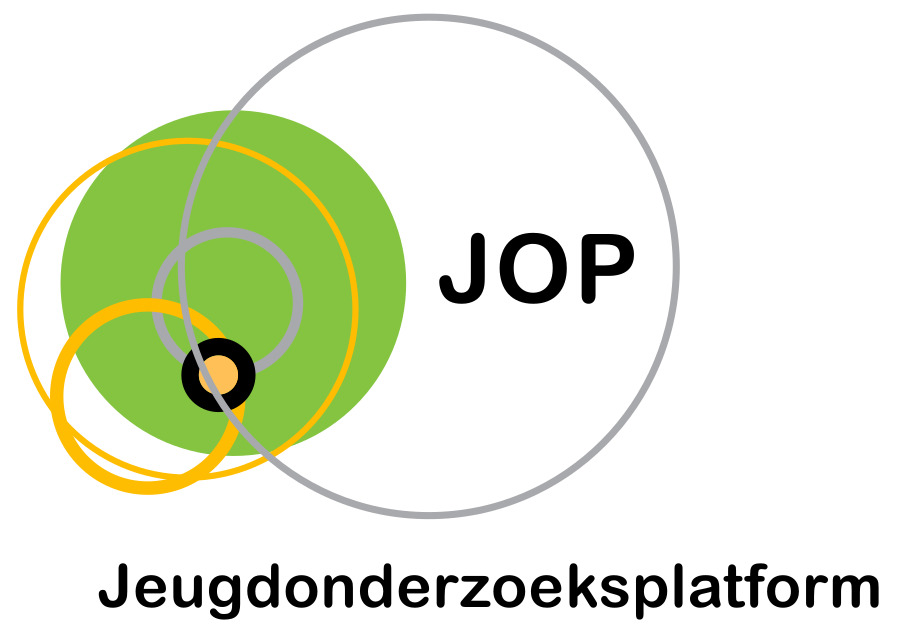Education in precarious times: a comparative study across six countries to identify design priorities for mobile learning in a pandemic
Auteurs
Hall, T., Connolly, C., Grádaigh, S. Ó., Burden, K., Kearney, M., Schuck, S., … & Kosmas, P. (2020)

Abstract
Purpose – This paper is based on the emergency changes we have had to make in the European DEIMP Project (2017-2020), “Designing and Evaluating Innovative Mobile Pedagogies” (DEIMP). DEIMP is undertaken by a transnational consortium comprising partner institutions and schools from the UK (coordinating), Australia, Belgium, Cyprus, Ireland and The Netherlands. As well as the enforced changes to the project, there have been major adjustments in how education is being provided in each of our countries, across all sectors: primary, secondary and tertiary. The purpose of this paper is to provide pragmatic guidelines that will help us respond effectively in the uncertain present, and plan systematically for an unpredictable, post-pandemic future. Design/methodology/approach – The authors outline 21 design principles underpinning innovative mobile learning, which will be of pragmatic use to all using mobile learning in the COVID-19 pandemic. These principles have emerged in the context of the three-year European DEIMP Project (2017-2020). The authors also examine major educational changes that have recently been imposed upon teachers and educational researchers, and key aspects of the current emergency response in education internationally, and resultant implications for educational technology and mobile learning. Findings – A living record highlighting what is currently happening in the educational systems of the DEIMP project’s respective partner countries. The paper outlines design concerns and issues, which will need to be addressed as the authors endeavour to bridge both the digital divide and digital use divide in remote education. Furthermore, the paper illustrates 21 pragmatic design principles underpinning innovative mobile pedagogies.
Doel – Deze paper is gebaseerd op de noodveranderingen die we hebben moeten doorvoeren in het Europese DEIMP-project (2017-2020), “Designing and Evauluating Innovative Mobile Pedagogies” (DEIMP). DEIMP wordt uitgevoerd door een transnationaal consortium met partnerinstellingen en scholen uit het Verenigd Koninkrijk (coördinerend), Australië België, Cyprus, Ierland en Nederland. Naast de noodzakelijke wijzigingen in het project zijn er ook belangrijke aanpassingen geweest in de manier waarop het onderwijs in elk van onze landen wordt gegeven, in alle sectoren: lager, middelbaar en hoger onderwijs. Het doel van dit artikel is pragmatische richtsnoeren aanreiken die ons zullen helpen effectief te reageren in het onzekere heden, en systematisch te plannen voor een onvoorspelbare, post-pandemische toekomst. Design/methodologie/aanpak – De auteurs schetsen 21 ontwerpprincipes die ten grondslag liggen aan innovatief mobiel leren en die van pragmatisch nut zullen zijn voor iedereen die ‘mobiel leren’ gebruikt in de COVID-19 pandemie. Deze principes zijn ontstaan in het kader van het driejarige Europese DEIMP-project (2017-2020). De auteurs onderzoeken ook belangrijke onderwijsveranderingen die onlangs aan leerkrachten en onderwijsonderzoekers zijn opgelegd, en belangrijke aspecten van de huidige noodreactie in het onderwijs internationaal, en de daaruit voortvloeiende implicaties voor onderwijstechnologie en mobiel leren. Bevindingen – Het product is een verslag van wat er momenteel gebeurt in de onderwijssystemen van de respectievelijke partnerlanden van het DEIMP-project. De paper schetst ontwerpkwesties en -problemen die moeten worden aangepakt wanneer de auteurs trachten zowel de digitale kloof als de digitale gebruikskloof in het onderwijs op afstand te overbruggen. Verder illustreert het document 21 pragmatische ontwerpprincipes die ten grondslag liggen aan innovatieve mobiele pedagogieën.
Referentie
Hall, T., Connolly, C., Grádaigh, S. Ó., Burden, K., Kearney, M., Schuck, S., … & Kosmas, P. (2020). Education in precarious times: a comparative study across six countries to identify design priorities for mobile learning in a pandemic. Information and Learning Sciences, 121 (5/6), 433-442.
Taal
Engels
Publicatievorm
Tijdschriftartikel
ISBN – DOI
DOI 10.1108/ILS-04-2020-0089
Trefwoorden
Onderwijs; leren; mobiel; vergelijkend; afstand; COVID-19; studie
